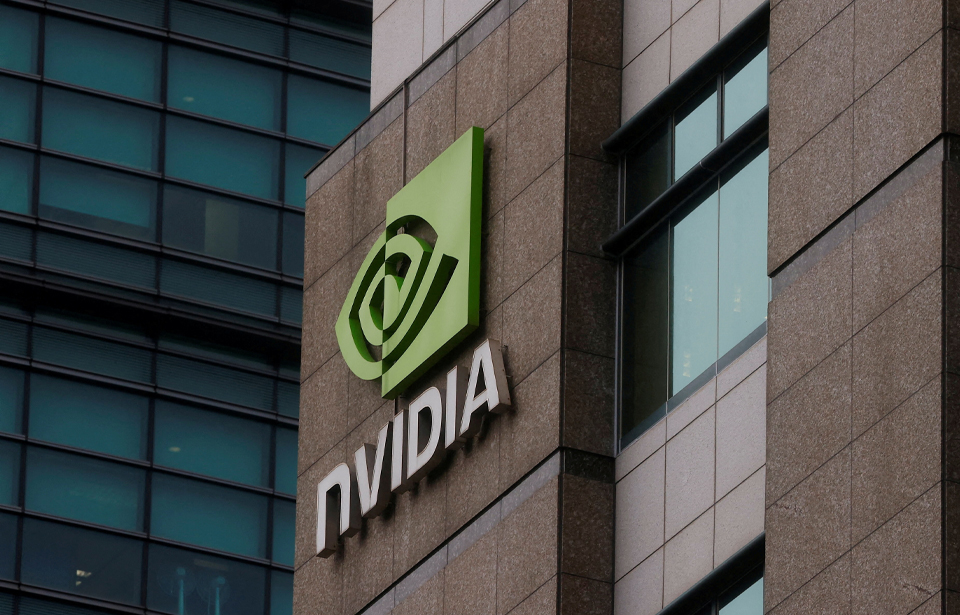In a significant move to bolster the future of artificial intelligence (AI) education, California has partnered with tech giant Nvidia to bring advanced AI training and resources to students, college faculty, developers, and data scientists throughout the state. This strategic collaboration was announced by state officials on Friday, signaling California’s commitment to positioning itself at the forefront of AI innovation and education.
The partnership between California and Nvidia is a key component of a larger initiative aimed at expanding AI-related educational opportunities, particularly within the state’s extensive network of community colleges. These institutions play a critical role in the state’s workforce development, serving a diverse population that includes many first-generation college students and individuals seeking to upskill or reskill for new career opportunities. By integrating AI into the curriculum, the state aims to equip these students with the cutting-edge skills needed to thrive in an increasingly technology-driven economy.
California Governor Gavin Newsom emphasized the importance of this initiative, noting that the state is home to some of the world’s leading companies in AI research and development. “California’s world-leading companies are pioneering AI breakthroughs, and it’s essential that we create more opportunities for Californians to get the skills to utilize this technology and advance their careers,” Newsom said in a statement. The governor’s remarks underscore the strategic importance of aligning educational resources with the needs of the rapidly evolving job market.
As part of the partnership, Nvidia will collaborate with California’s educational institutions to introduce a comprehensive AI curriculum that includes both theoretical knowledge and practical applications. This curriculum is expected to cover a wide range of topics, from the basics of AI and machine learning to more specialized areas such as generative AI, natural language processing, and computer vision. In addition to classroom instruction, the initiative will provide access to industry-standard hardware and software, enabling students to gain hands-on experience with the tools used by AI professionals in the field.
One of the standout features of this initiative is the establishment of AI labs and workshops across participating colleges. These facilities will be equipped with Nvidia’s latest GPUs and other advanced computing technologies, allowing students to work on real-world AI projects and gain practical experience in a collaborative environment. The AI labs will serve as innovation hubs where students can experiment with new ideas, develop AI models, and participate in research that could contribute to the advancement of AI technology.
Moreover, the partnership will introduce new certification programs designed to validate students’ proficiency in various aspects of AI. These certifications will be recognized by industry leaders and can serve as a valuable credential for students entering the job market. By earning these certifications, students will not only demonstrate their technical skills but also enhance their employability in a field that is expected to see significant growth in the coming years.
The partnership also has broader implications for the state’s workforce development strategy. In addition to training students and educators, California plans to incorporate AI skills into its career programs for state employees. This includes creating new roles for AI specialists within government agencies, where AI technologies can be leveraged to improve public services and streamline operations. The integration of AI into government functions is seen as a crucial step in ensuring that California remains competitive in the global economy.
Nvidia’s involvement in this initiative is particularly noteworthy given the company’s leadership in the AI industry. Based in Santa Clara, California, Nvidia has been at the forefront of AI innovation, thanks to its development of the graphics processing unit (GPU), which has become a critical component in AI applications. The company’s GPUs are not only essential for gaming but also for powering complex AI algorithms used in a variety of industries, from healthcare and finance to automotive and entertainment.
The demand for Nvidia’s semiconductors has soared as AI technologies continue to advance. The company’s GPUs are key to the operation of modern AI systems, including generative AI models like OpenAI’s ChatGPT and Google’s Gemini, which are capable of generating human-like text and engaging in sophisticated conversations. These models represent just one aspect of the broader AI landscape that Nvidia’s technology supports, which also includes applications in autonomous vehicles, robotics, and advanced data analytics.
Nvidia’s founder, Jensen Huang, has described the current era as the beginning of a new industrial revolution, driven by AI. “We’re in the early stages of a new industrial revolution that will transform trillion-dollar industries around the world,” Huang said. His vision for AI’s transformative potential aligns with California’s goals of fostering innovation and preparing its workforce for the challenges and opportunities of the future.
By partnering with Nvidia, California is taking a proactive approach to ensure that its residents are equipped with the knowledge and skills necessary to participate in and contribute to the AI revolution. This initiative not only aims to strengthen the state’s position as a leader in technology and innovation but also to create a more inclusive economy where individuals from all backgrounds have the opportunity to succeed in high-tech careers.
As the collaboration between California and Nvidia unfolds, it is expected to serve as a model for other states and regions looking to integrate AI education into their own educational systems. The success of this partnership could have far-reaching implications, not just for the students and educators directly involved, but for the broader society as AI continues to reshape industries and redefine the future of work.

